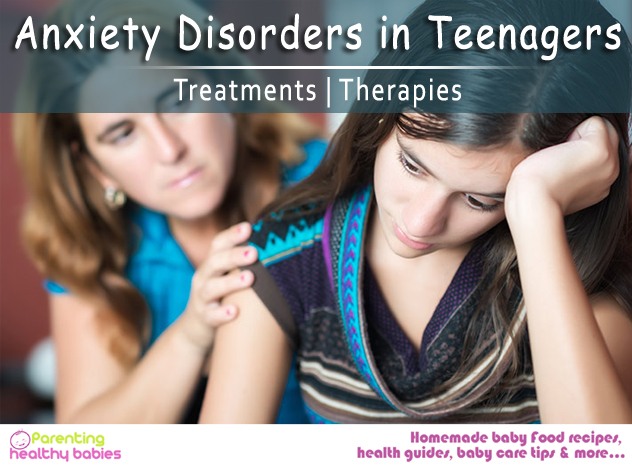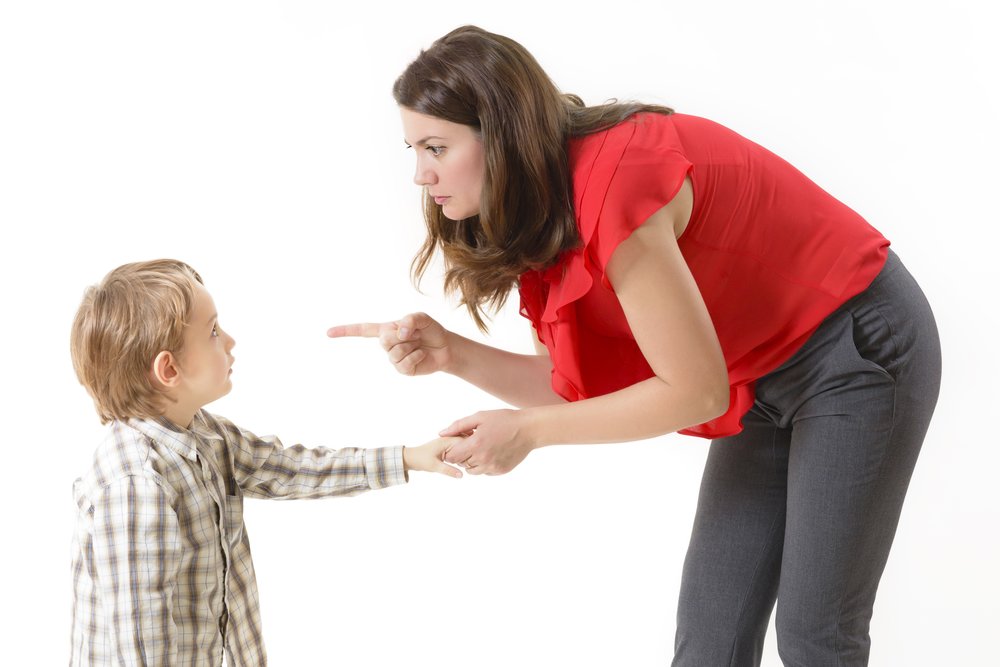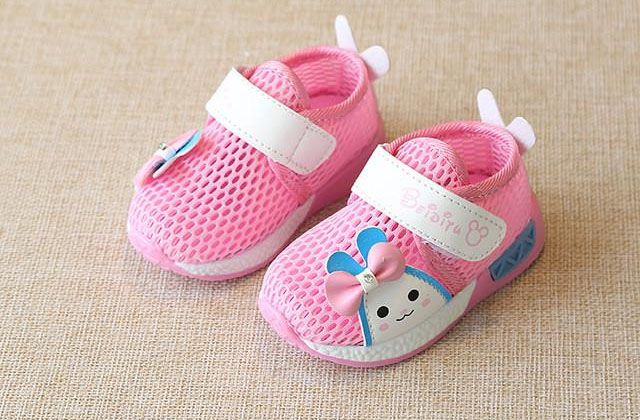Anxiety is an uncontrollable fear and apprehension that over daily life situations that affect a teenager such as examinations or public functions. Sometimes this fear and anxiety gets out of proportion and feel overwhelming for a teenager, and he/she is unable to control these feelings and tensions. The anxiety begins to affect daily life and impact school performance and relationships with family and friends.
Anxiety in teenagers may take many forms, such as generalized anxiety over trivial issues, panic over specific situations, social anxiety and phobias. However, if a teenager suffers from anxiety, there are specific interventions and techniques that can help him/her overcome it. These involve personal help through parents or family as well as professional help obtained from trained counselors. Take a look at some of these.
Read More: 11 Natural Remedies for Treating Mood Disorders in Children
Anxiety Disorders in Teenagers: Treatments and Therapies
1. Identifying the problem
The first step to treating an anxiety disorder in an adolescent is identifying the signs and symptoms. These include irritability, lack of concentration, nervousness, fatigue, sadness and muscle tension. Poor school performance and avoidance of friends or particular places is also a sign of anxiety. Look for reasons that may be causing anxiety in your teenager – such as shifting to a new school or change of home, or a new relationship in your child’s life or an upcoming examination.
2. Listening and communicating
As a parent, it is important to lend a compassionate ear to the worries voiced by your teenaged child. These worries and anxiety may seem unimportant or silly, but if they are a source of anxiety for your child, you must take them seriously. Listening shows your concern and can greatly help an anxious teenager who needs emotional help. Communication with your teenaged child helps him/her share his/her anxious thoughts and relieve the stress associated with it.
3. Psychotherapy or counseling
If your teenager’s anxiety stretches to over 6 months, it is time to seek professional help in the form of counseling. Counseling is essentially a type of talk therapy where the counselor explores the reasons for a teenager’s anxiety and the teenager’s reactions to life’s stresses. The counselor will also suggest ways to deal with anxiety.
Read More: Can Sleep Disorder Lead to Preterm Delivery?
4. Cognitive Behavioral Therapy
Cognitive Behavioral Therapy (CBT) is a type of behavior modification technique used to treat anxiety. It involves examining the thoughts that relate to anxiety. The counselor helps the teenager judge whether these anxious thoughts are rational or irrational. The counselor encourages the teenager to think in a balanced way about anxious thoughts and deal with them in a proportionate way. For example, worrying about an examination that is 6 months away is not usually rational. CBT helps to analyze thoughts and change them.
5. Exposure therapy
Teenagers suffering from anxiety disorders such as panic and phobias, benefit from exposure therapy. It essentially means facing one’s fears, in a graded manner. For example, if a teenager has social phobia and is anxious about being in social situations such as on stage or meeting new people, exposure therapy may be use. Herein, a teenager will be made to meet a single new person in a controlled way. Gradually, a person begins to face his/her fears as he/she is exposed to them in a slow and supportive manner.
Read More: Anxiety Disorders in Teenagers: Signs and Symptoms
6. Relaxation exercises
Relaxation exercises benefit both body and mind and help to release pent up stress and anxiety. It helps to lower a rapid heart rate, release muscle tension and improves sleep and concentration. Some useful relaxation techniques are-
Progressive muscle relaxation – This involves slowly tensing and relaxing different muscles of the body. This helps to release muscle strains and stress.
Deep breathing – This involves taking slow and focused deep breaths. Deep breathing stems from the stomach, so keeping one hand on the stomach to see it rise and fall with each breath, is useful.
Visual imagery – In this technique, a teenager can try to visualize a pleasant image or scenery and focus on its various aspects. This helps one relax and separate from anxious thoughts.
7. Meditation
Meditation is a process of focusing ones’ thoughts and bringing them to rest on the present situation. This is also called mindfulness meditation. It has great benefits in relieving anxiety. A teenager is taught how to focus only on breathing, sensations in the body right now and to notice the various thoughts entering and leaving in the mind. By focusing only on present sensations, the mind moves away from anxious thoughts.
8. Distraction
Separation from anxiety inducing thoughts and situations may be obtained through distraction techniques. Various methods of distraction include talking with family and friends, music, exercise, reading or other hobbies. These can help a teenager break away from anxiety ridden thoughts and situations.
9. Physical exercise
Regular physical exercise in the form of walking, cycling or jogging, has proven beneficial effects in relieving anxiety. Physical exercise helps to release endorphins in the brain. Endorphins are chemical that help a person feel good and give a sense of well being. Exercise also helps to relieve anxiety related muscle aches and makes a person feel more energetic.
10. Medication
Finally, pharmacologic help is available for anxiety disorders in teenagers. Anti anxiety drugs may be used to relieve the symptoms of anxiety in teenagers. These must be used only under supervision of a psychiatrist.
Anxiety can become a lifelong problem if not treated at the right time. Patience and understanding for your teenager’s thoughts and fears can go a long way in helping your teenager feel understood and less anxious.
Communication is the key to establishing a healthy relationship with your teenaged child. Family support and love helps a teenager feel accepted and encouraged to share his/her feelings of stress.
However, if you feelings of anxiety persist in your teenager, it is time to seek professional help from a counselor.
Read More: Handling Sleep Disorders among 4yr olds
Recognize anxiety and seek help as soon as possible!













